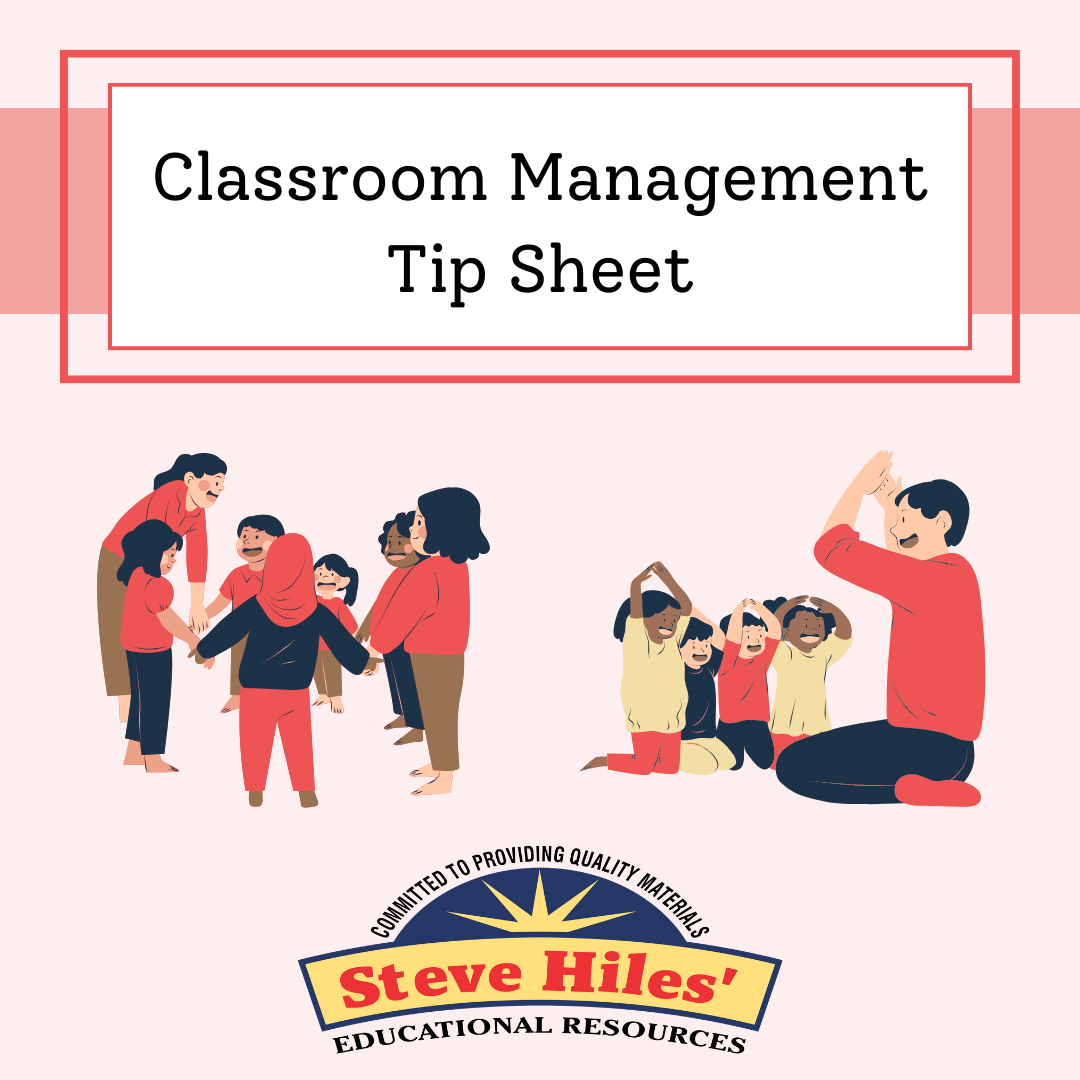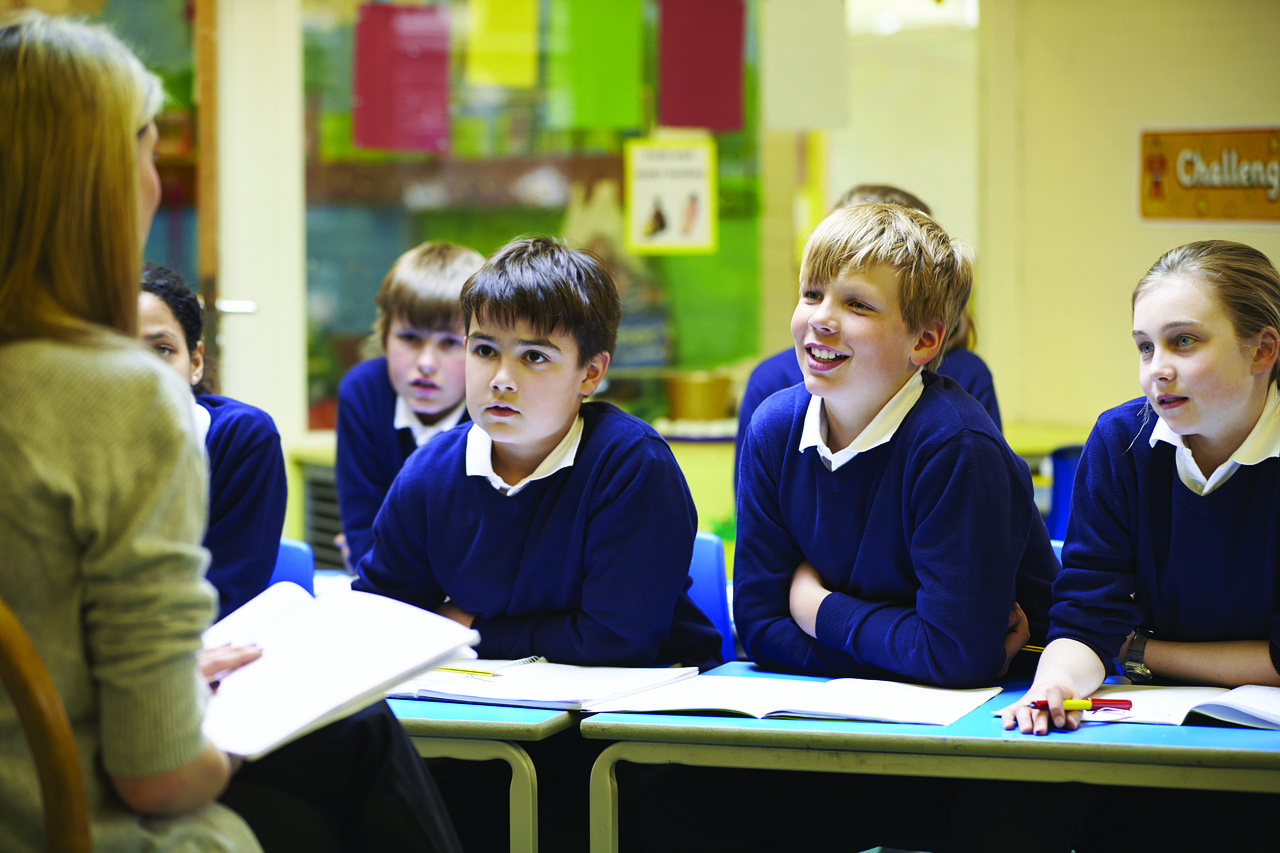Homeschooling may sound like a simple concept, but it is not for every student if I have learned anything about Homeschooling.
Every educational system offers excellent opportunities for children to learn new information and skills and harness their unique qualities and interests. Homeschooling is no different than public school, private school, charter school, and other models in that there are pros and cons.
But in recent years, Homeschooling has caught the attention of parents and teachers all across the United States; The simple reason is that Homeschooling is on the rise and becoming more accepted as an alternative to traditional public and private schools.
So what is Homeschooling exactly, many of us still believe that Homeschooling is where all the learning is done at home, which would not be the practical reality of the concept.
In Homeschooling, parents have complete control over the direction of what their children should learn, how often and when.
In many ways, Homeschooling is a more organic form of education that focuses on getting out of traditional classrooms that focus on a one-to-many, generalist education.
A homeschool-styled learning environment is more personalized to the student, with individual attention. If your son is struggling in reading or writing, parents can take the time necessary to make sure he/she masters the concepts. In fact, unlike a traditional classroom where curriculum and resources are predetermined, a homeschool program can change curriculum and tactics to ensure a successful outcome. Likewise, if your daughter excels in math or science, there is no need to proceed at a slow pace or continue using a curriculum that may not be challenging enough..
To put in simply, Homeschooling is one on one education. For most homeschoolers, the decision to leave a traditional public school is made to provide a broader exposure to the world. Though a common stereotype of homeschoolers is that they are sheltered because many of their peers do not always support them, the truth is that most homeschooled students have a lot of exposure to other children.
Homeschooled children often have more lessons outside of the home. While most, if not all, learning in a traditional public school takes place in the classroom, homeschool students often get outside of the house and travel to museums, art galleries, parks, science centers, and more as part of their learning.
Many Americans think that Homeschooling is for religious families. Homeschooling takes away from public schools or that only wealthy, and highly educated parents homeschool their children.
One of the most prominent and recurring myths is that homeschooled children do not socialize with others and cannot function in the real world.
But before we discuss what people think of Homeschooling, let’s talk about the pros and cons first.
Table of Contents
ToggleHomeschooling is a lifestyle change
Depending on how you look at it, One of the first things to consider is that Homeschooling represents a significant lifestyle change.
When you decide to homeschool, you will take on both a teacher and administrator’s duties and responsibilities. You will need to implement lessons, organize field trips, coordinate activities with other parents, and make sure you are compliant with state and local homeschool requirements. These responsibilities get added to your usual role as a parent.
You also have the added financial costs of Homeschooling. While there are many free resources available, homeschool supplies such as textbooks, paper, art supplies, computers, software, and other homeschool tools cost money. Fortunately, there are ways to minimize the financial costs associated with Homeschooling.
There are some programs available that help with minimizing the unnecessary costs involved with Homeschooling. They include classroom-tested materials, step-by-step lesson manuals, textbooks, reading books, math manipulatives, science kits, and online tools designed to empower parents to be successful teachers.
However, if you consider homeschooling your child, you can not escape the fact by dedicating more time to teaching your children at home, your family may suffer a loss in income. The challenge is more significant if you are a single-parent. Careful budgeting and time management skills will be essential if you are going to homeschool.
Since your child will no longer be in a public school environment and all learning will occur in the home, the family’s lifestyle and pace will change. More time will be dedicated to Homeschooling. Daily chores, errands, doctor’s appointments, and typical household routines will need to be scheduled in coordination with your homeschooling plan.
Another significant change is that while parents usually spend a lot of time with their children, homeschooling parents spend even more time with their kids.
The amount of time you need to spend Homeschooling is a significant lifestyle change that influences many parents’ decision on whether or not to homeschool. Though there are many ways for parents to secure time for themselves, it is essential to recognize that you will spend more time with your children than you do currently.
Another thing that concerns people when considering Homeschooling is their child’s socialization. People have believed that homeschoolers do not socialize at all; they fail to develop interpersonal skills and can not make conversations with strangers.
The truth is no matter what if a kid is in home school or a public school, the social experiences always differ, and the fairest way to characterize socializing in a home based school is that it’s different.
Homeschoolers do not have the same exposure to peer pressure and bullying, both of which are tied to more unsatisfactory academic performance and lower self-esteem.
Parents often decide to homeschool because they do not want their child’s values to be defined by their peers or for their children to face social ridicule or bullying. In private or public schools, the pressure to fit in or achieve a perceived social status level among classmates can be quite significant.
Homeschooling also means less daily interaction with large numbers of kids in a child’s age group. And homeschoolers can end up spending less time each day participating in organized sports and activities with their peers.
However, this does not mean that homeschoolers have no access to their peers or cannot play sports or socially interact with others outside their family.
On average, homeschoolers participate more in their community, are less passive, and socialize with a broader mix of adults, especially professionals, than their public school counterparts.
This leads us to the another bright side of Homeschooling,
It provides Greater Educational Freedom
The aspect of Homeschooling to consider is the academic freedom you can gain and what impact that will have on you and your child.
If your child struggles with a subject or a specific concept, you do not need to skip it and move on. Instead, you can work with your child until they have mastered the material. Homeschooling allows you to take all the time you need to ensure learning is taking place. Likewise, if your child is ready to move on, you do not need to waste time on redundant or repetitive lessons. Homeschooling children can move through educational materials at a faster pace than their peers.
In a public or private school, with 20 – 30 kids in a class, a teacher must address everyone’s learning style and everyone’s pace. When the majority are ready to move on, other children get left behind. Of course, if your child is prepared to advance to other material, she or he often must wait until a sufficient number of students are ready. In both cases, many children often end up feeling bored and frustrated.
Another benefit of homeschooling education is that it exposes children to more unique experiences. Parents and kids often cite how the homeschool curriculum encouraged them to get out of the home and learn about science, art, math, and history in the real world. Experiencing things outside of a classroom is often more engaging and leads to better absorption of knowledge and skills.
Now that we have learned about the main aspects of Homeschooling, let us explore some of the most common myths related to Homeschooling that keeps people at bay from accepting Homeschooling as an option for their kids.
Number 1: Homeschoolers Are All Gifted Or Naturally Intelligent
The idea that homeschoolers are gifted or naturally intelligent is one of the newer myths we have seen, sometimes to explain away high academic achievement when compared to public schools. However, many parents seek out Homeschooling because their kids need more one on one attention. Homeschooling is often an excellent solution for kids who are advanced learners and kids who feel disengaged in school, bored by the curriculum, or struggling with a learning disability.
Number 2: Homeschoolers Do Not Go To College
Homeschoolers are more likely to attend college than traditionally schooled students, and once enrolled, are more likely to stay and graduate. Other data suggests that homeschooled students routinely perform better on standardized tests, including the SAT and ACT.
While it may be more difficult to quantify a homeschooler’s GPA than public school counterparts, colleges are looking less at standardized tests and GPAs. Instead, they are looking at a student’s resume. In this area, homeschoolers have a distinct advantage because they have more experiences to share with colleges and universities.
Number 3: Homeschooling Is Not An Accepted Form Of Education
Homeschooling has been around for over one hundred years. In many ways, it predates our current public education system.
Depending on the source you look at, the number of children Homeschooling is estimated to be between 1.8 million and 2.5 million.
To put it merely, everyday parents see declining school budgets, low academic ratings of schools, crime, bullying, and fewer resources. They want a change that will benefit their children, and Homeschooling is well-established, with curriculum options and support groups. What’s more, Homeschooling is recognized by all 50 states.
Number 4: Homeschoolers Do Not Learn As Much As Public School Students
Personalized learning is shown to improve understanding because it allows the curriculum to be taught in a way that aligns with a student’s learning style. In public schools, students are all taught the same way. If they learn too quickly, they have to wait for the others to catch up. Conversely, if the material is not taught in a way a student understands, they fall behind their peers. In both cases, public school students are more likely to become disengaged and frustrated by their learning experience. At the same time, a homeschool student is in a more flexible learning environment.
Number 5: Homeschoolers Just Play Video Games All Day
Parents do not withdraw their kids from public or private school to play video games all day. Because Homeschooling is a lifestyle choice and requires substantial planning, homeschooled children are more likely to be more active, engaged, and involved in their learning.
Number 6: Parents Are Not Qualified To Teach
We do not often think about it, but the knowledge we pass on to our children from the day they are born throughout their life is substantial and significant. It goes well beyond the ability to read, write, understand numbers, or appreciate art and culture. We teach our children an infinite number of things, including manners, empathy, how to walk, how to get dressed, how to reason, how to learn, and more.
Number 7: Homeschooled Kids Cannot Participate In Extracurricular Activities
Many parents do not know that many local school boards allow homeschoolers to play in public school sports or participate in after-school activities. Many homeschooled kids play in recreational leagues outside of school, participate in Tae Kwon Do programs and several other extracurricular activities and community service projects.
Number 8: Homeschooling Is Only Done In The United States
With so much discussion about Homeschooling in the U.S., it might seem like an educational option reserved for Americans. While there are many Americans who homeschool, both in the U.S. and abroad, other countries allow Homeschooling and have growing homeschool communities.
In Europe, virtually every country, except Germany, allows Homeschooling, with the United Kingdom and France very popular for homeschoolers.







